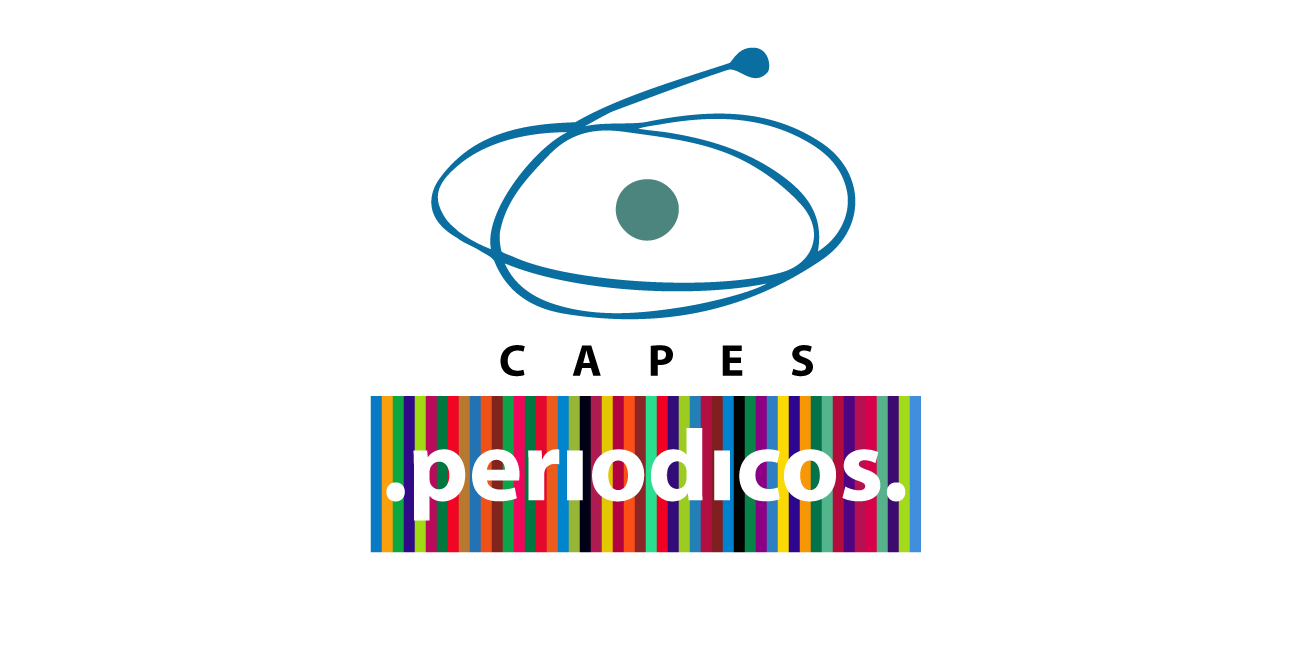POWER OF THE JUDGE AND “AUTARCHY ZONES”: DIRECT FORM IN THE COLLECTIVE INJUNCTION OF TJRS TRAINEES ON “COURT VACATION”
DOI:
https://doi.org/10.17765/2176-9184.2018v18n2p429-457Keywords:
Autarchy Zones, Public SphereAbstract
Current analysis is based on the juridical and critical thought rooted in the Frankfurt School and on the investigation of the jurist José Rodrigo Rodriguez. The paper discusses the configuration of law on the collective injunction processed and judged by the Court of the state of Rio Grande do Sul (TJRS) on the vindication of trainees against the suspended payment during the 2014/2015 court vacation. The case study method was employed for an empirical research within the investigation of facts, their implications and relative consequences to a duly limited phenomenon. The issue may be resumed in the following questions: How did the judicialization of the conflict in the collective injunction occur against the suspension of payment for the 2014/2015 court vacation of the TJRS? How may social forces involved be characterized within the context of the decision? Current approach requires proper institutional reformulations to absorb social demands through the radicalization of democracy (RODRIGUEZ, 2009, 2013). It is thus inserted within the critical task of the problematization of the ‘autarchy zones’, a category formulated by Rodriguez and basic in current paper. Situations indicate some modes of existence of the autarchy zones and the employment of false legality. On the other hand, the democratically governed public debate permits that the up-till-now contra-hegemonic positions may be defended in the name of social emancipation. The ‘struggle for rights in democracy’ is the key to avoid backtracking.References
BRAGA, Ruy. A política do precariado: do populismo à hegemonia lulista. São Paulo: Boitempo/Programa de Pós Graduação em Sociologia – USP, 2012.
CONSELHO NACIONAL DE JUSTIÇA. Justiça em números 2015: ano-base 2014. Brasília: CNJ, 2015.
CONSULTOR JURÍDICO. INSS é órgão recordista de processos em 1ª Instância. Publicado em 04 nov. 2012. Disponível em: <http://www.conjur.com.br/2012-nov-04/inss-municipios-estados-lideram-lista-grandes-litigantes-cnj>. Acesso em: 10 fev. 2016.
FARIA, José Eduardo. Direito e Justiça: a função social do judiciário. São Paulo: Editora Ática, 1997.
HABERMAS, Jürgen. Direito e Democracia: entre facticidade e validade. Volume I. 2. edição. Reimpressão. Rio de Janeiro: Tempo Brasileiro, 2012.
HABERMAS, Jürgen. Direito e Democracia: entre facticidade e validade. Volume II. 2. edição. Rio de Janeiro: Tempo Brasileiro, 2011.
HABERMAS, Jürgen. Mudança estrutural da Esfera Pública: investigações quanto a uma categoria da sociedade burguesa. Rio de Janeiro: Tempo Brasileiro, 2003.
HABERMAS, Jürgen. Teoría de la acción comunicativa. Volume único. Madrid: Editorial Trotta, 2010.
JOTA. AMB mostra quem são os maiores litigantes do país. Publicado em 11 ago. 2015. Disponível em: <http://jota.uol.com.br/amb-mostra-quem-sao-os-maiores-litigantes-pais>. Acesso em: 10 fev. 2016.
KIRCCHEIMER, Otto. Political Justice: the use of legal procedure for political ends. Princeton: Princeton University Press, 1961.
MARTINS, Sérgio Pinto. Direito do trabalho. 28. edição. São Paulo: Editora Atlas, 2012.
MICHAELIS DICIONÁRIO DE PORTUGUÊS ONLINE. Feriado. Disponível em: <http://michaelis.uol.com.br/moderno/portugues/index.php?lingua=portugues-portugues&palavra=feriado>. Acesso em: 10 fev. 2016.
NEUMANN, Franz. O Império do Direito: Teoria política e sistema jurídico na sociedade moderna. São Paulo: Quartier Latin, 2013.
NOBRE, Marcos. Apontamentos sobre a pesquisa em direito no Brasil. Novos Estudos, número 66, p. 145-154, julho de 2003. Disponível em: <http://novosestudos.uol.com.br/v1/contents/view/1079>. Acesso em: 21 jan. 2016.
NOBRE, Marcos. Introdução. In: NOBRE, Marcos. Curso livre de Teoria Crítica. 3. edição. Campinas: Papirus, 2015.
RODRIGUEZ, José Rodrigo. Como decidem as cortes?: para uma crítica do direito (brasileiro). Rio de Janeiro: FGV, 2013.
RODRIGUEZ, José Rodrigo. Fuga do direito: um estudo sobre o direito contemporâneo a partir de Franz Neumann. São Paulo: Saraiva, 2009.
RODRIGUEZ, José Rodrigo. Luta por direitos, rebeliões e democracia no século XXI: algumas tarefas para a pesquisa em direito. In: STRECK, Lenio Luiz; ROCHA, Leonel Severo; ENGELMANN, Wilson. Constituição, Sistemas Sociais e Hermenêutica: anuário do programa de Pós-Graduação em Direito da UNISINOS: Mestrado e Doutorado. Porto Alegre: Livraria do Advogado Editora, 2014.
STANDING, Guy. O precariado: a nova classe perigosa. 1. edição. 1. reimpressão. Belo Horizonte: Autêntica Editora, 2014.
TEUBNER, Gunther. Juridificação: noções, características, limites, soluções. Revista de Direito e Economia, número 14, Ano XIV, p. 14-100, 1988.
TRIBUNAL DE JUSTIÇA DO RIO GRANDE DO SUL. Disponível em: <http://transparencia.tjrs.jus.br/forca_trabalho/index.php> Acesso em: 23 abr. 2015.
TRIBUNAL DE JUSTIÇA DO RIO GRANDE DO SUL. Disponível em: <http://transparencia.tjrs.jus.br/dados_juris/demanda_produtividade.php> Acesso em: 24 abr. 2015.
WARAT, Luis Alberto. Surfando na Pororoca: o ofício do mediador. Florianópolis: Fundação Boiteux, 2004.
Downloads
Published
How to Cite
Issue
Section
License
A Revista se reserva o direito de efetuar, nos originais, alterações de ordem normativa, ortográfica e gramatical, com o intuito de manter o padrão culto da língua, respeitando, porém, o estilo dos autores. As opiniões emitidas pelos autores são de sua exclusiva responsabilidade.
Os direitos autorais pertencem exclusivamente aos autores. Os direitos de licenciamento utilizado pelo periódico é a licença Commons Atribuição 4.0 Internacional. São permitidos o compartilhamento (cópia e distribuição do material em qualquer meio ou formato) e adaptação (remixar, transformar, e criar a partir do trabalho, mesmo para fins comerciais), desde que lhe atribuam o devido crédito pela criação original.
















